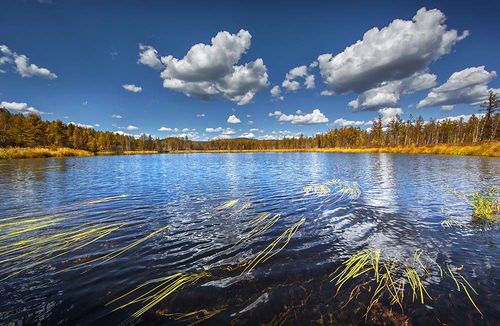Exploration and expedition have always been an important part of human history. From the earliest days of humanity, people have been driven to explore their surroundings and discover new lands, resources, and opportunities.
The history of exploration and expedition can be traced back to the ancient civilizations of Mesopotamia, Greece, and Rome. These civilizations were known for their extensive travel and trade networks, which allowed them to explore and colonize new territories, as well as exchange ideas, technologies, and goods.
During the Middle Ages, European explorers began to venture further afield, with the Vikings, for example, making expeditions to North America in the 11th century. The Age of Exploration, which began in the 16th century, saw European explorers traverse the globe in search of new lands, resources, and trade partners. These expeditions led to the discovery of new continents, the colonization of new territories, and a new era of global trade and commerce.
In the centuries that followed, expeditions continued to play an important role in human history, with explorers ranging from the likes of Charles Darwin, who traveled the world collecting specimens and documenting the diversity of life on our planet, to modern-day explorers like Jacques Cousteau, who ventured into the depths of the ocean to document its mysteries.
Today, exploration and expedition continue to inspire people around the world. From space exploration to deep-sea diving, from Arctic expeditions to mountaineering, humans continue to push the boundaries of what is possible and discover new insights into our planet and ourselves.
(Note: Do you have knowledge or insights to share? Unlock new opportunities and expand your reach by joining our authors team. Click Registration to join us and share your expertise with our readers.)
Speech tips:
Please note that any statements involving politics will not be approved.
